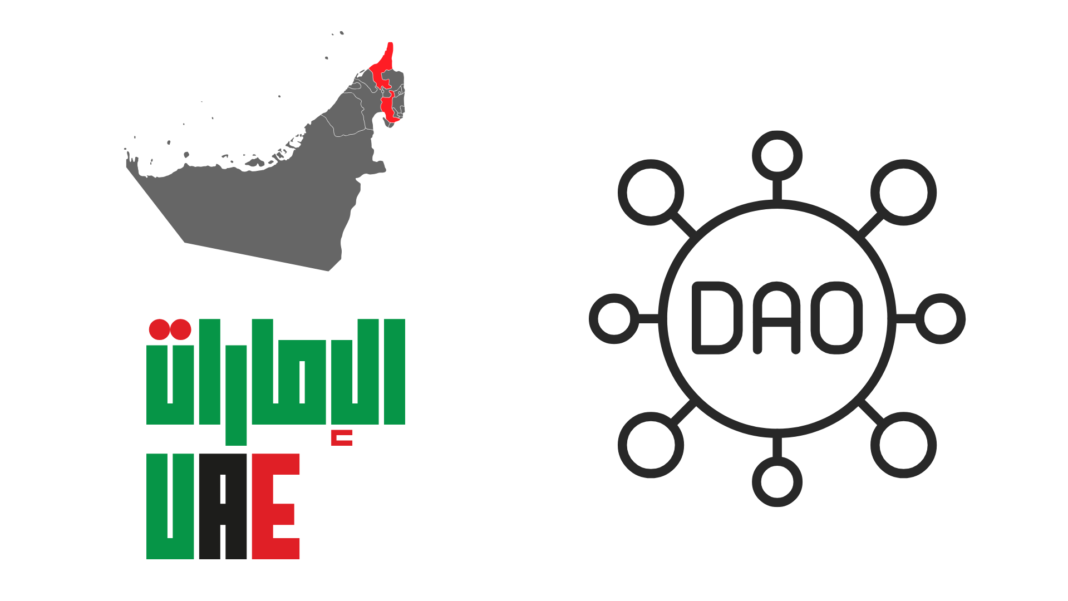Ras Al-Khaimah (RAK), a region in the United Arab Emirates (UAE), has introduced a new legal framework designed specifically for decentralized autonomous organizations (DAOs) within its free zone for digital assets.
Known as the DAO Association Regime (DARe), this framework aims to provide a structured legal environment for blockchain-based organizations that are governed by code. The announcement was made through a press release on Tuesday.
What are DAOs and Why is it Important Here?
DAOs are organisations driven by blockchain technology that function without the need for conventional central authorities. Instead, they are governed by smart contracts and decentralized decision-making processes, making them key players in the blockchain ecosystem.
By giving them the means and framework to engage with off-chain systems, including opening bank accounts and acquiring both digital and physical assets, DARe is anticipated to further legitimise these organisations.
Luc Froehlich, the Chief Commercial Officer of RAK DAO, emphasized the significance of this development in building a global hub for blockchain and digital assets. “The introduction of DARe represents a stepping stone in our journey towards building a global hub for the blockchain and digital assets ecosystem,” Froehlich said.
“By offering a structured legal framework, we enable DAOs to interact with the off-chain world, such as opening a bank account and owning both on- and off-chain assets,” he added.
DARe to offer Tax Optimization
DARe’s capacity to provide DAO-based entities with improved legal clarity and tax optimisation is one of its primary features. For digital asset enterprises seeking to legally establish a presence in a country that is both tax-efficient and innovatively friendly, this could prove to be a significant motivator.
With two unique models tailored to diverse requirements, this framework is anticipated to accommodate DAOs of varied sizes, according to Dr. Sameer Al Ansari, CEO of RAK DAO. While the other form is intended for more established organisations with treasuries surpassing $1 million, the first approach will focus on new DAOs with fewer than 100 members.
The RAK Digital Assets Oasis, a specialised free zone devoted to supporting innovation and expansion for businesses in the digital asset field, will house the new framework.
Frameworks like DARe are probably going to be essential to the widespread acceptance and regulatory integration of blockchain technologies as additional areas adjust to the requirements of decentralised organisations.


